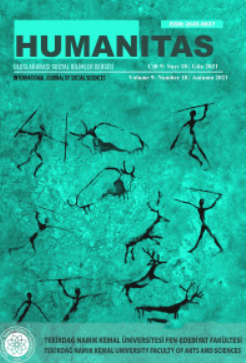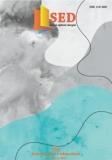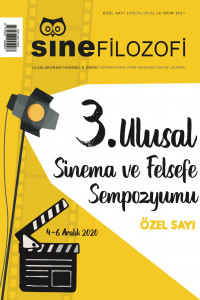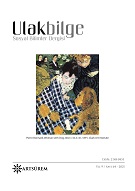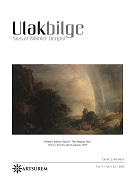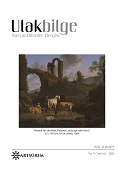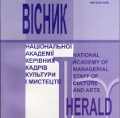Author(s): Anastasia Vladimirovna Zhuravleva / Language(s): Ukrainian
Issue: 4/2021
The purpose of the article is to reveal the features of contact improvisation as a practice of social dance of the XXI century and to determine the specifics of its implementation in the unique dance form "jam". Research methodology. A comprehensive method of studying the features of contact improvisation in the context of a social dance of the XXI century, a historical method, thanks to which the details of the development of contact improvisation have been clarified; the method of functional and systems analysis, which contributed to the study of contact improvisation as a unique hybrid practice; a phenomenological method that helped to highlight the essential features and identify the key elements of contact improvisation in the dance form "jam", etc. The scientific novelty consists in expanding the theoretical basis for analyzing the phenomenon of contact improvisation; clarifying the concept of "contact improvisation"; the features of the practice of contact improvisation in the context of the specificity of social dance are investigated on the basis of the analysis of its physical and mental components; analyzed the main elements of contact improvisation (inaction, weighing/carrying, falling, playing, discussing, observing, touching) through the prism of the unique open dance form "jam". Conclusions. Contact improvisation is based on communication between two moving bodies that are in physical contact, and the cumulative relationship of physical laws governing their motion - the laws of gravity, momentum, and inertia. In accordance with the specifics of social dance, contact improvisation is a tool for studying one's own capabilities, a model of human relations and meditative practice, which creates the preconditions for further development, providing a huge space of freedom and ease of performance of one or another dance element, removes the restrictions imposed by choreography, allows you to move like this, as the dancer wants, without tension, provides new material for self-knowledge and exploration of relationships, is a source of inspiration and a way of expressing the creative energy that is in the body. Contact improvisation, as a hybrid practice, works at the crossroads between body meditation, psycho-kinesthetic therapy, sports training, and dance improvisation and, in the context of the specifics of social dance, is implemented at improvisational meetings of contactees, the so-called jams, at the local and national level.
More...
